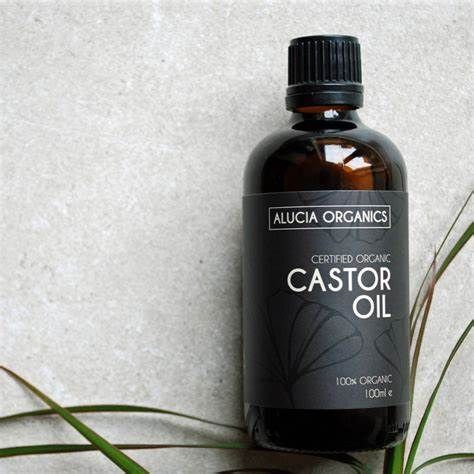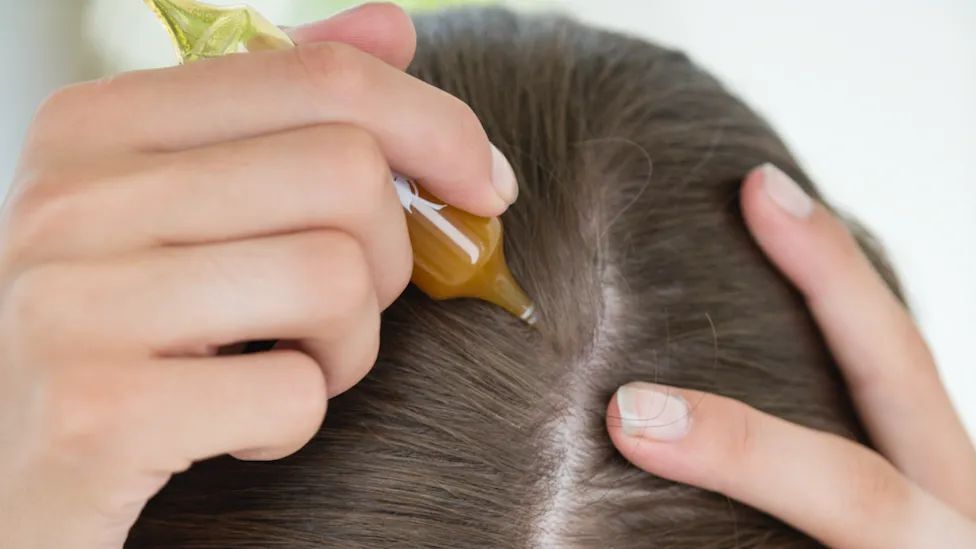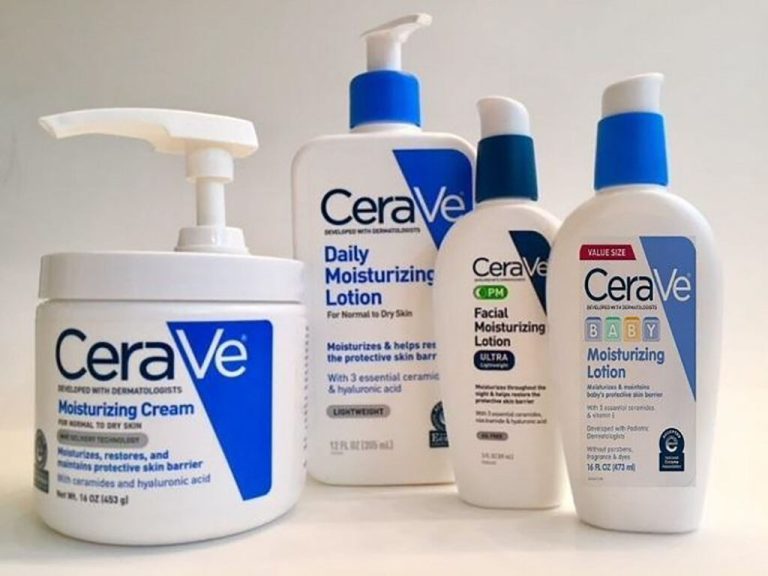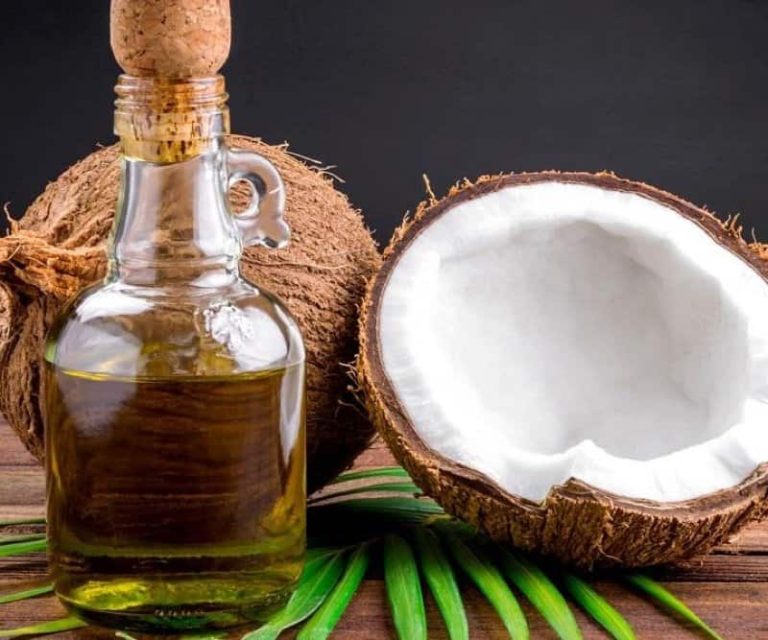Does Castor Oil Expire? How to Make it Last Longer?
Castor oil has become a popular natural remedy used for a variety of purposes. From cosmetic uses like growing longer eyelashes to medical uses like relieving constipation, castor oil’s versatility makes it a staple in many households. But with an often ambiguous shelf life, many castor oil users wonder – does castor oil expire?
In this blog post, we’ll cover everything you need to know about castor oil expiration. We’ll look at the factors that affect shelf life, go over signs of expired castor oil, and outline the risks and proper disposal. We’ll also share tips on how to extend the life of your castor oil.
How Long Does Castor Oil Last?
Contents
- How Long Does Castor Oil Last?
- Signs Your Castor Oil Has Expired
- Dangers of Using Expired Castor Oil
- Proper Storage and Disposal
- Is Expired Castor Oil Safe for Hair, Lashes and Skin?
- The Many Benefits and Uses of Castor Oil
- Using Castor Oil for Hair Growth and Health
- Castor Oil for Longer, Fuller Lashes and Brows
- Using Castor Oil on Skin: Benefits and Precautions
- Castor Oil as a Natural Laxative
- Tips for Extending Castor Oil Shelf Life
- Conclusion: Does Castor Oil Expire?
The shelf life of castor oil depends on the quality and storage. Higher quality cold-pressed oils kept in ideal conditions can last up to a few years. Lower grade solvent-extracted oils may only last 6-12 months.
Unopened castor oil generally lasts much longer than opened bottles. Once exposed to air, heat, and light, the oil’s compounds start to break down and degrade. An unopened high-quality bottle can stay fresh for 2-3 years if stored properly. However, an opened bottle should be used within 6-12 months.
Checking manufacturing and best-by dates is crucial. Most castor oil bottles don’t have an explicit expiration date. Look for a “best by” or “use by” date on the label, usually about 1-2 years from when it was made. Don’t use castor oil past this timeframe.
Signs Your Castor Oil Has Expired

Pay attention to any changes in smell, texture, taste and appearance. Fresh castor oil has a mild, earthy scent. If it smells unpleasant, bitter or rancid, it’s expired.
Cloudiness, discoloration, or sediment are also signs aging has occurred. Good castor oil should look clear and pale yellow.
Thickening, clumping, or graininess indicate your oil is no longer fresh. Castor oil is naturally thick, but expired oil becomes even more viscous.
An unpleasant, bitter taste when you do a taste test means it’s time to toss it. Fresh castor oil should have a mild flavor.
Dangers of Using Expired Castor Oil
Using castor oil past its prime comes with risks. Depending on how you use it, degraded castor oil can cause:
- Skin irritation – Redness, swelling, inflammation
- Stomach upset – Nausea, vomiting, diarrhea
- Allergic reaction – Hives, itching, difficulty breathing
- Decreased effectiveness – Expired oil won’t work as well for intended purposes like hair growth or constipation relief
Those with sensitivities or allergies are at greatest risk for adverse effects from degraded compounds. Always do a patch test before general use.
Avoid using expired castor oil, especially near eyes or mucous membranes. This increases the chances of irritation.
Proper Storage and Disposal
To get the most out of your castor oil, store it correctly in a:
- Cool, dark place – Away from heat and sunlight
- Dry location – No moisture or humidity
- Sealed container – Limit air exposure
Don’t refrigerate or freeze castor oil – this can cause it to solidify. Room temperature storage is best.
Once castor oil has expired, dispose of it properly. Never pour it down drains, which can clog pipes. Instead, mix it with an absorbent material like cat litter or coffee grounds before throwing it away.
Is Expired Castor Oil Safe for Hair, Lashes and Skin?

Using degraded castor oil is not recommended for cosmetic purposes. The risks outweigh any benefits.
Avoid putting expired castor oil on your hair, eyelashes or skin. Old, oxidized oil may cause irritation, inflammation and breakouts.
For best results, always use the freshest, high-quality castor oil within the recommended timeframe. If in doubt, do a patch test on a small area first.
Consult a dermatologist or esthetician about proper use and discard oil that smells or looks off. Don’t take chances with expired product near fragile areas like your eyes.
The Many Benefits and Uses of Castor Oil
Now that we’ve covered proper disposal and risks, let’s focus on the positives. When fresh, castor oil has many benefits:
- Natural moisturizer – Soothes dry skin and hair
- Laxative – Relieves constipation safely
- Versatile applications – Hair, lashes, skin, health
- Affordable – Budget-friendly multi-purpose oil
- Easily available – Found at most pharmacies and health stores
Cold-pressed castor oil retains more nutrients and compounds that make it so versatile. No wonder it’s become so popular!
Next, we’ll look at castor oil’s top uses for hair, lashes, brows, skin and as a laxative.
Using Castor Oil for Hair Growth and Health
Castor oil is great for achieving longer, stronger and healthier hair. It:
- Boosts growth – The ricinoleic acid improves circulation to follicles
- Prevents moisture loss – Locks in hydration, reduces dryness
- Controls dandruff – Has antifungal properties
To use castor oil for hair:
- Combine with lighter oils like coconut or olive oil
- Massage into scalp and roots – that’s where the growth happens
- Put on hair mask overnight then shampoo out
- For thicker hair, massage into strands every few days
Using fresh castor oil as part of your haircare routine can make a big difference in growth and texture over time.
Castor Oil for Longer, Fuller Lashes and Brows
Castor oil is also gaining popularity as a natural mascara and brow serum. It helps lashes and brows look:
- Longer – Stimulates faster hair growth
- Thicker – Improves hair density for a fuller look
- Darker – Conditions and adds shine
To use castor oil on lashes and brows:
- Apply with a clean mascara wand or cotton swab
- Coat lash or brow hairs in light layers nightly
- Avoid getting close to eyes to prevent irritation
- Be patient – results are gradual after 2-4 weeks
Use this simple beauty hack for naturally enhancing your lashes and brows safely and affordably.
Using Castor Oil on Skin: Benefits and Precautions
Castor oil should not be used on skin past its expiration date. But fresh castor oil can provide skin benefits when used properly. It:
- Deeply moisturizes – Soothes dryness and inflammation
- Fades blemishes – Has anti-microbial properties
- Reduces acne – Prevents bacteria overgrowth
However, take precautions, as using castor oil improperly may cause breakouts. Those with oily or acne-prone skin should:
- Do a patch test before wider application
- Use only a small amount of oil
- Avoid putting castor oil on active breakouts
As with any skin product, monitor for any irritation and discontinue use if any develops.
Castor Oil as a Natural Laxative
Castor oil has been used for centuries as a natural alternative to harsh chemical laxatives. It:
- Lubricates the intestines – Eases constipation
- Stimulates contractions – Promotes bowel movements
- Cleanses the system – Has a mild purging effect
However, castor oil can cause cramping, nausea and diarrhea in some cases. To use it safely:
- Start with 1-2 tsp on an empty stomach
- Slowly increase dose if needed for results
- Avoid using too frequently to prevent dependence
- Consult your doctor before using while pregnant or breastfeeding
Use castor oil as a laxative judiciously and properly to avoid unpleasant side effects. Discard if it smells or tastes rancid.
Tips for Extending Castor Oil Shelf Life
To keep your castor oil fresh as long as possible:
- Store in a cool, dark place at room temperature – Avoid temperature extremes
- Keep tightly sealed – Limit air exposure by closing bottle tightly after each use
- Don’t store near a sink or moisture source – Prevent water contamination
- Keep away from direct light – No windowsills or see-through containers
- Check manufacturing date – Optimal freshness within 1-2 years
- Buy smaller bottles – To use up quicker before expiration
With proper storage and handling, you can enjoy castor oil’s benefits for several years.
Conclusion: Does Castor Oil Expire?
As we’ve seen, castor oil does eventually expire. Unopened bottles may last 2-3 years, while opened bottles are only good for 6-12 months. Look for signs of degradation like smell, taste and texture changes. Using rancid castor oil, especially near eyes and mucous membranes, poses safety risks. Always discard expired castor oil properly.
When fresh, castor oil has many uses – for hair growth, longer lashes, constipation relief and more. Store it optimally in a cool, dark place to extend shelf life. And be diligent about checking manufacturing dates before purchasing and using.
With proper storage and handling, castor oil can be a safe, natural addition to your health and beauty routine. Use this guide to maximize its benefits and longevity.

Founded by Sophia Rodriguez, IGXO Cosmetics is a PETA-certified, cruelty-free, and vegan makeup brand.





